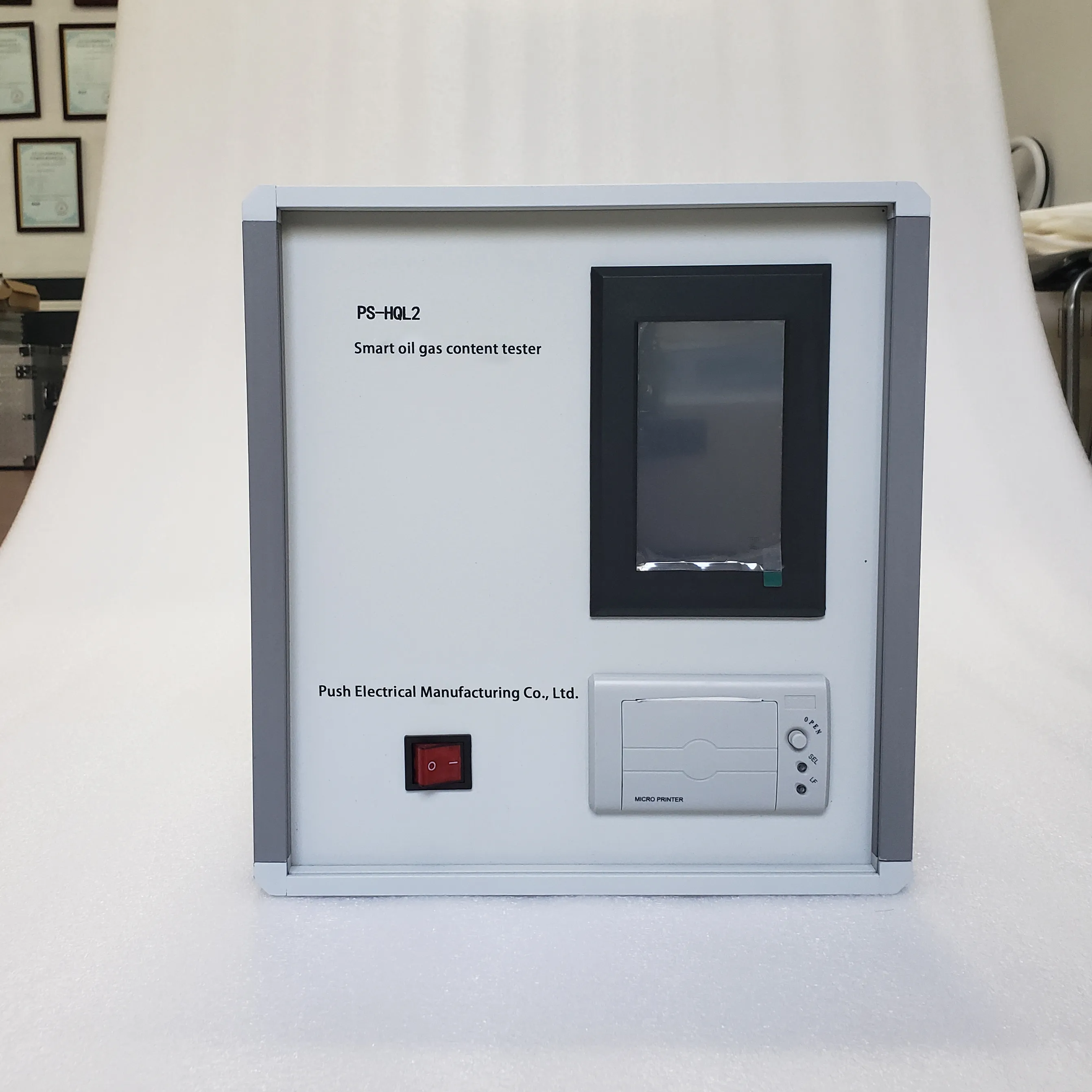 English
English



-
 Afrikaans
Afrikaans -
 Albanian
Albanian -
 Amharic
Amharic -
 Arabic
Arabic -
 Armenian
Armenian -
 Azerbaijani
Azerbaijani -
 Basque
Basque -
 Belarusian
Belarusian -
 Bengali
Bengali -
 Bosnian
Bosnian -
 Bulgarian
Bulgarian -
 Catalan
Catalan -
 Cebuano
Cebuano -
 China
China -
 China (Taiwan)
China (Taiwan) -
 Corsican
Corsican -
 Croatian
Croatian -
 Czech
Czech -
 Danish
Danish -
 Dutch
Dutch -
 English
English -
 Esperanto
Esperanto -
 Estonian
Estonian -
 Finnish
Finnish -
 French
French -
 Frisian
Frisian -
 Galician
Galician -
 Georgian
Georgian -
 German
German -
 Greek
Greek -
 Gujarati
Gujarati -
 Haitian Creole
Haitian Creole -
 hausa
hausa -
 hawaiian
hawaiian -
 Hebrew
Hebrew -
 Hindi
Hindi -
 Miao
Miao -
 Hungarian
Hungarian -
 Icelandic
Icelandic -
 igbo
igbo -
 Indonesian
Indonesian -
 irish
irish -
 Italian
Italian -
 Japanese
Japanese -
 Javanese
Javanese -
 Kannada
Kannada -
 kazakh
kazakh -
 Khmer
Khmer -
 Rwandese
Rwandese -
 Korean
Korean -
 Kurdish
Kurdish -
 Kyrgyz
Kyrgyz -
 Lao
Lao -
 Latin
Latin -
 Latvian
Latvian -
 Lithuanian
Lithuanian -
 Luxembourgish
Luxembourgish -
 Macedonian
Macedonian -
 Malgashi
Malgashi -
 Malay
Malay -
 Malayalam
Malayalam -
 Maltese
Maltese -
 Maori
Maori -
 Marathi
Marathi -
 Mongolian
Mongolian -
 Myanmar
Myanmar -
 Nepali
Nepali -
 Norwegian
Norwegian -
 Norwegian
Norwegian -
 Occitan
Occitan -
 Pashto
Pashto -
 Persian
Persian -
 Polish
Polish -
 Portuguese
Portuguese -
 Punjabi
Punjabi -
 Romanian
Romanian -
 Russian
Russian -
 Samoan
Samoan -
 Scottish Gaelic
Scottish Gaelic -
 Serbian
Serbian -
 Sesotho
Sesotho -
 Shona
Shona -
 Sindhi
Sindhi -
 Sinhala
Sinhala -
 Slovak
Slovak -
 Slovenian
Slovenian -
 Somali
Somali -
 Spanish
Spanish -
 Sundanese
Sundanese -
 Swahili
Swahili -
 Swedish
Swedish -
 Tagalog
Tagalog -
 Tajik
Tajik -
 Tamil
Tamil -
 Tatar
Tatar -
 Telugu
Telugu -
 Thai
Thai -
 Turkish
Turkish -
 Turkmen
Turkmen -
 Ukrainian
Ukrainian -
 Urdu
Urdu -
 Uighur
Uighur -
 Uzbek
Uzbek -
 Vietnamese
Vietnamese -
 Welsh
Welsh -
 Bantu
Bantu -
 Yiddish
Yiddish -
 Yoruba
Yoruba -
 Zulu
Zulu
insulation oil testing
Insulation Oil Testing Ensuring Electrical System Reliability
Insulation oil, also known as transformer oil, is a crucial component in electrical equipment, particularly in transformers and capacitors. This specialized oil serves two primary purposes it acts as an electrical insulator and helps dissipate heat. Over time, however, insulation oil can degrade due to exposure to environmental factors, electrical stresses, and thermal influences. To ensure the reliability and efficiency of electrical systems, regular insulation oil testing is imperative.
The Importance of Insulation Oil Testing
Testing insulation oil is critical for several reasons
1. Prevent Equipment Failure The most significant risk associated with degraded insulation oil is the potential for equipment failure. Transformers are essential components of electrical distribution systems; any failure can lead to costly outages and damage. Regular testing helps detect early signs of deterioration, allowing for timely maintenance or replacement.
2. Safety Degraded insulation oil can pose fire risks. In high-voltage systems, the ability of the oil to effectively insulate is vital. By conducting routine tests, the likelihood of accidents due to electrical faults can be minimized.
3. Regulatory Compliance Many industries are required to adhere to specific safety and performance standards. Regular insulation oil testing not only ensures compliance with these regulations but also enhances the credibility and reliability of the organization that operates the equipment.
4. Cost Efficiency Addressing insulation oil issues before they escalate into larger problems can save significant costs related to repairs or replacements. Testing allows organizations to budget for maintenance and avoid unexpected expenses.
Common Tests for Insulation Oil
insulation oil testing

Several tests are routinely performed to assess the quality of insulation oil
1. Dielectric Strength Test This test measures the voltage at which the oil becomes conductive. A higher dielectric strength indicates better insulating properties. As the oil ages or becomes contaminated, its dielectric strength diminishes, leading to an increased risk of electrical failures.
2. Dissolved Gas Analysis (DGA) This test analyzes the gases dissolved in the oil. The presence of specific gases, such as hydrogen, methane, and ethylene, can indicate different types of electrical faults or overheating conditions. Tracking these gas levels over time can provide valuable insights into the health of the transformer.
3. Water Content Test Excessive water in insulation oil can severely degrade its performance. This test quantifies the moisture content, with results indicating whether the oil needs treatment or replacement.
4. Acidity Test The acidity of insulation oil increases over time, primarily due to oxidation products. High acidity levels can corrode metal components and compromise the oil's insulating properties. Regular monitoring of acidity can alert operators to potential issues.
5. Furan Analysis Furan compounds form during the degradation of cellulose insulation. By measuring furan levels in oil, it is possible to evaluate the condition of the solid insulation within transformers and predict potential failures.
Conclusion
In the realm of electrical engineering, the significance of insulation oil cannot be overstated. As the backbone of transformer safety and efficiency, ensuring the quality of insulation oil through comprehensive testing is vital. Regular inspections not only help in maintaining equipment reliability but also safeguard personnel and assets against potential hazards.
Organizations must prioritize insulation oil testing as part of their routine maintenance schedules. By investing in proper testing protocols and employing qualified technicians to conduct these tests, they can avoid unforeseen failures, it improves operational efficiency and ensures compliance with industry standards. In a rapidly evolving energy landscape, maintaining the integrity of electrical systems through effective insulation oil management is more critical than ever.
-
Testing Equipment Industry Sees Major Advancements in 2025: Smart & Precision Technologies Lead the WayNewsJun.06,2025
-
Applications of Direct Current Generators in Renewable Energy SystemsNewsJun.05,2025
-
Hipot Tester Calibration and Accuracy GuidelinesNewsJun.05,2025
-
Digital Circuit Breaker Analyzer Features and BenefitsNewsJun.05,2025
-
Benefits of Real-Time Power Quality Monitoring Devices for Industrial EfficiencyNewsJun.05,2025
-
Earth Fault Loop Testing in High-Rise Building Electrical SystemsNewsJun.05,2025



